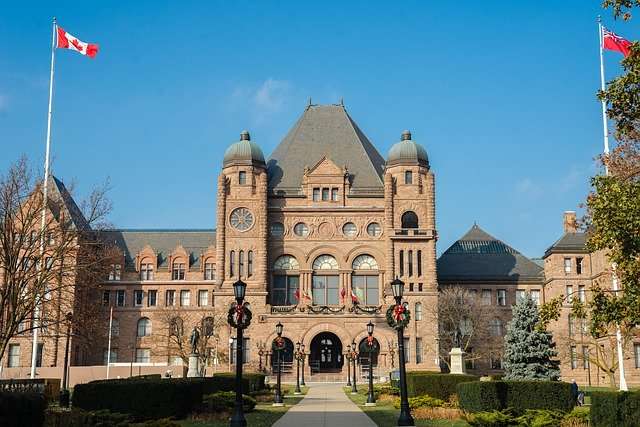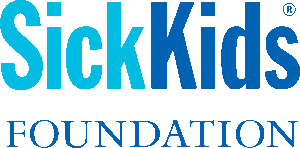
Blog
ONCA: Taking ownership of the transition process
Ontario’s Not-for-Profit Corporations Act (ONCA) took effect on October 19, 2021. Nonprofits who are subject to ONCA have until October 18, 2024 to transition to the new rules.
Transitioning to ONCA generally involves:
- Gathering key documents
- Updating your letters patent (now called articles of incorporation) and filing those changes with the Government of Ontario
- Updating your bylaws
- Implementing the changes in your governance, financial, and record keeping practices
As the policy advisor at ONN working on ONCA, I often get asked the question: “Do I need to get a lawyer to transition to the ONCA?”. The short answer is: every nonprofit is different in whether they do and what services they may need from a legal advisor. However, below are some general principles to keep in mind as you plan your transition that may help you decide on whether and how to include a legal advisor.
- ONCA compliance is not just about updating your documents but living with the new rules.
- ONCA transition presents a learning opportunity for your board on governance issues.
- There are a number of free tools and accessible information out there.
1. ONCA compliance is not just about updating your documents but living with the new rules
Updating your governing documents is a big part of the transition process, but no matter how compliant your documents are, if you don’t follow them in practice you will be out of step with the ONCA. So whatever role legal advisors play, they cannot replace the active participation of the stakeholders in your organization who will actually have to live with the rules. Moreover, these stakeholders will be able to develop more realistic rules that better reflect the current practices of your organization, and their involvement will likely generate a better sense of ownership and responsibility for those rules.
Nonprofits should be on guard against the tempting “just do it for us” approach towards legal advisors. While a lawyer may be able to generate a great set of governing documents, that effort (and legal fees) will be wasted if those documents either fail to reflect organizational realities or stakeholders are unwilling or unable to adapt to new practices.
2. ONCA transition presents a learning opportunity for your organization
Your organization can learn a great deal from the process of gathering your key documents, reading them, evaluating the new options in the Act, and collectively coming to a decision about what will stay the same and what will change. In many cases, this process will be the first deep dive some people will take into governance. It is unlikely to be as quick or efficient as a lawyer who already knows the ONCA and procedures to update various governing documents, but for that very reason, it is an opportunity for your organization to grow.
Good governance is an iterative process. Once you transition to ONCA, you may find that some of the changes you made were inappropriate or some practices you kept will no longer be practical. That is okay! You can continue to change your governing documents as needed, and in fact, it’s likely a good idea to revisit them on a regular basis. If you take an active role in the transition process you may feel better equipped and more efficient at making changes in the future.
3. There are a number of free tools and accessible information out there
Community Legal Education Ontario (CLEO) offers a website that contains many details on starting and running your nonprofit under ONCA. The website also offers a number of tools to help you create or update bylaws:
- CLEO’s bylaw builder: This plain language tool has been user tested and legally reviewed to produce bylaws that are not only legally valid, but highly customizable and easy to use.
- How to Adjust Existing Bylaws: This guide offers a side-by-side comparison of typical provisions in bylaws under the OCA and how ONCA affects them. It is helpful to organizations just looking to make a few changes to their existing documents.
- Bylaw writing guide: This guide highlights the various governance trade-offs in the choices you make in your bylaws.
- ONCA resource for Provincial Associations: Includes 11 key takeaways and a few resources for provincial associations.
Some nonprofits, particularly those in regulated sectors, such as housing and healthcare, will likely not find these tools tailored enough. But all nonprofits can benefit from learning this information and going through the exercise of using these tools. Additionally, by educating yourself first, you will be able to save time and money in legal fees by knowing what questions to ask lawyers and providing them with a set of documents that reflect your vision.
Working with legal advisors: It’s not all or nothing
The involvement of a lawyer in the ONCA transition process is not an all-or-nothing proposition. It will always be incumbent on the organization to educate itself in the ONCA, comply with the changes in practice, and iterate as needed. There is much a nonprofit can do to not only save in legal fees but better prepare itself to fill this role.
ONN’s tips for nonprofits
- Review the information linked about and experiment with the tools as appropriate;
- Actively convene key stakeholders within your organization who will have to live with the choices made in the ONCA transition process; and
- View the ONCA transition not just as a legal requirement but as an opportunity to learn about your current rules and alternatives, and ask fundamental questions about whether your governance makes sense for you.





